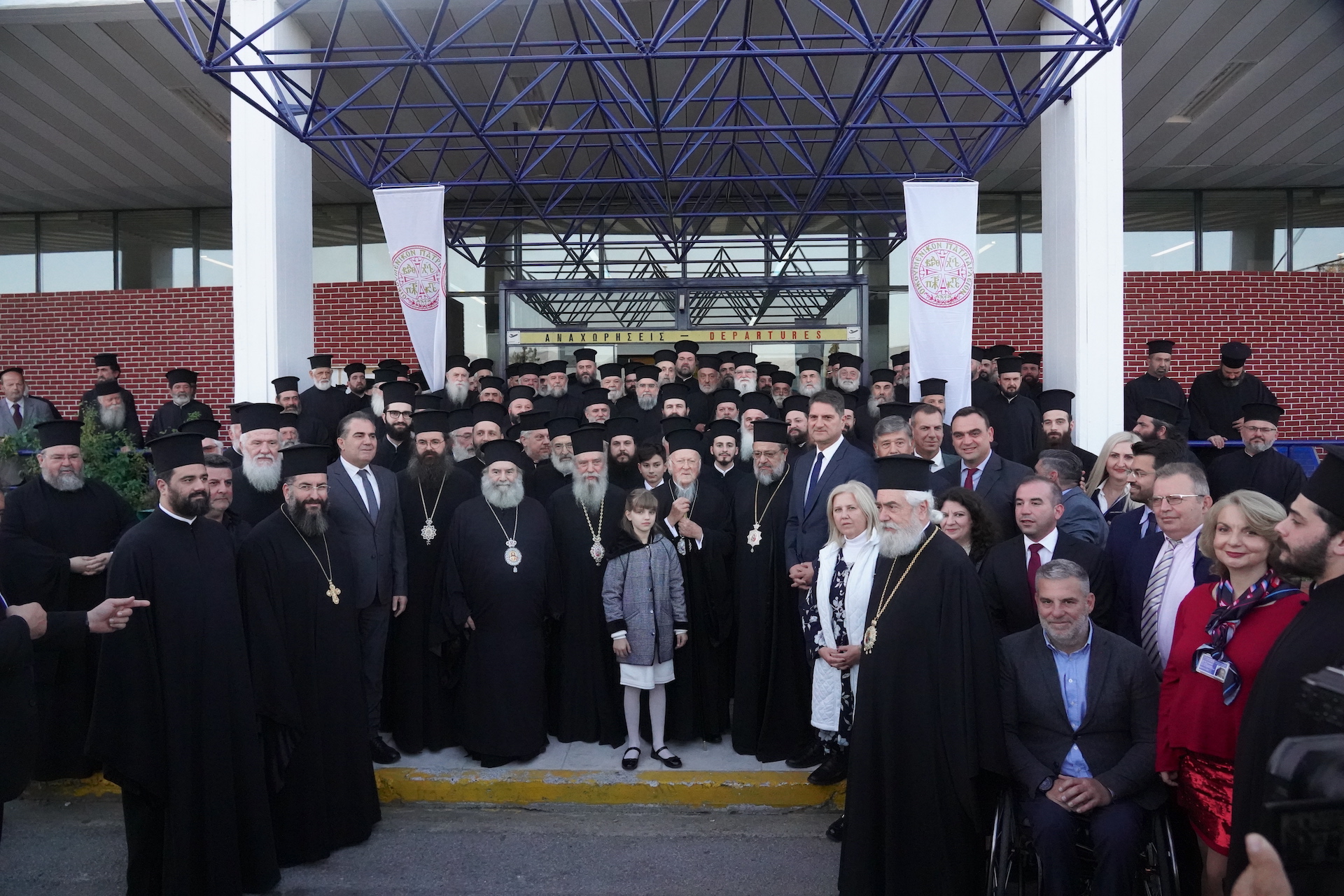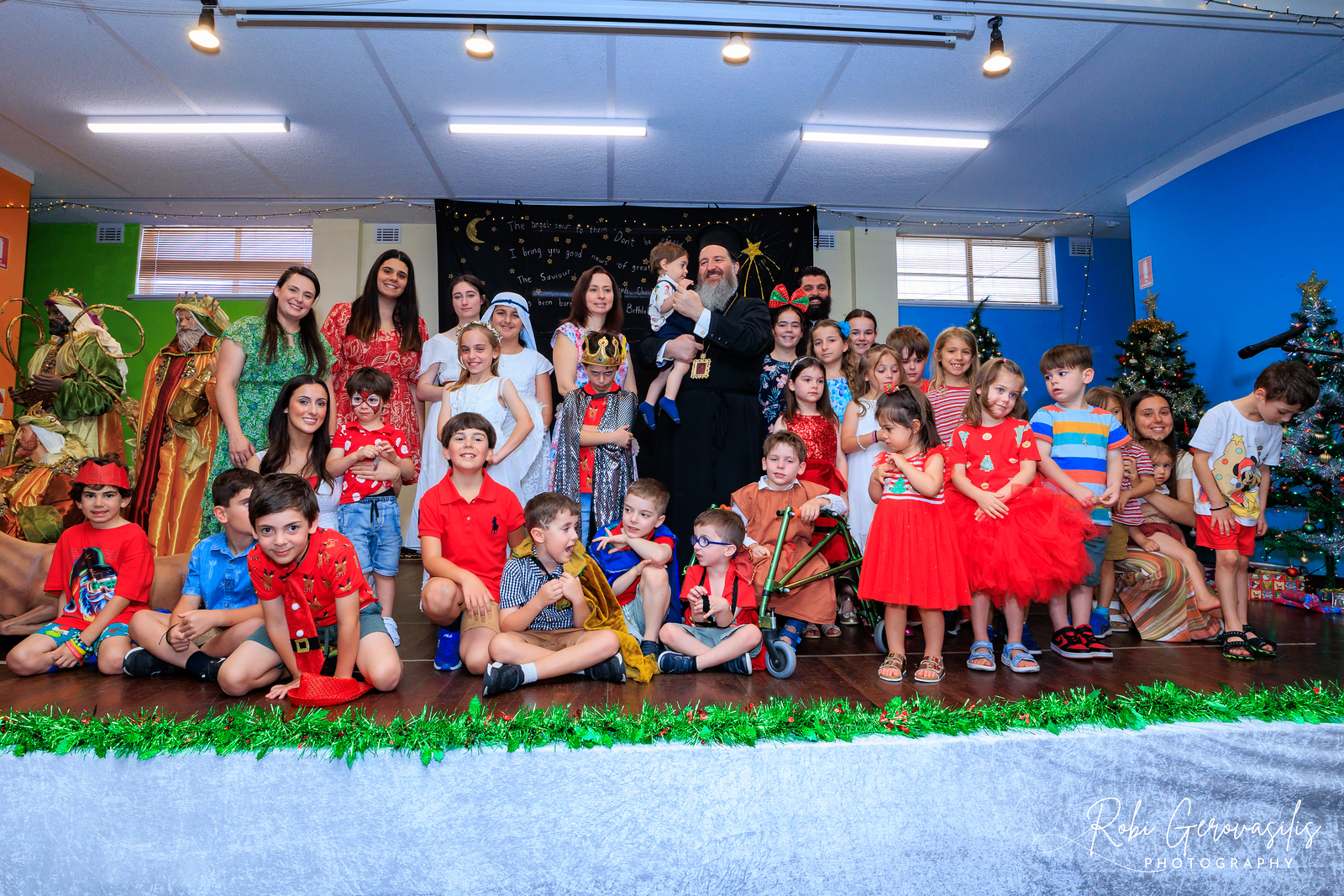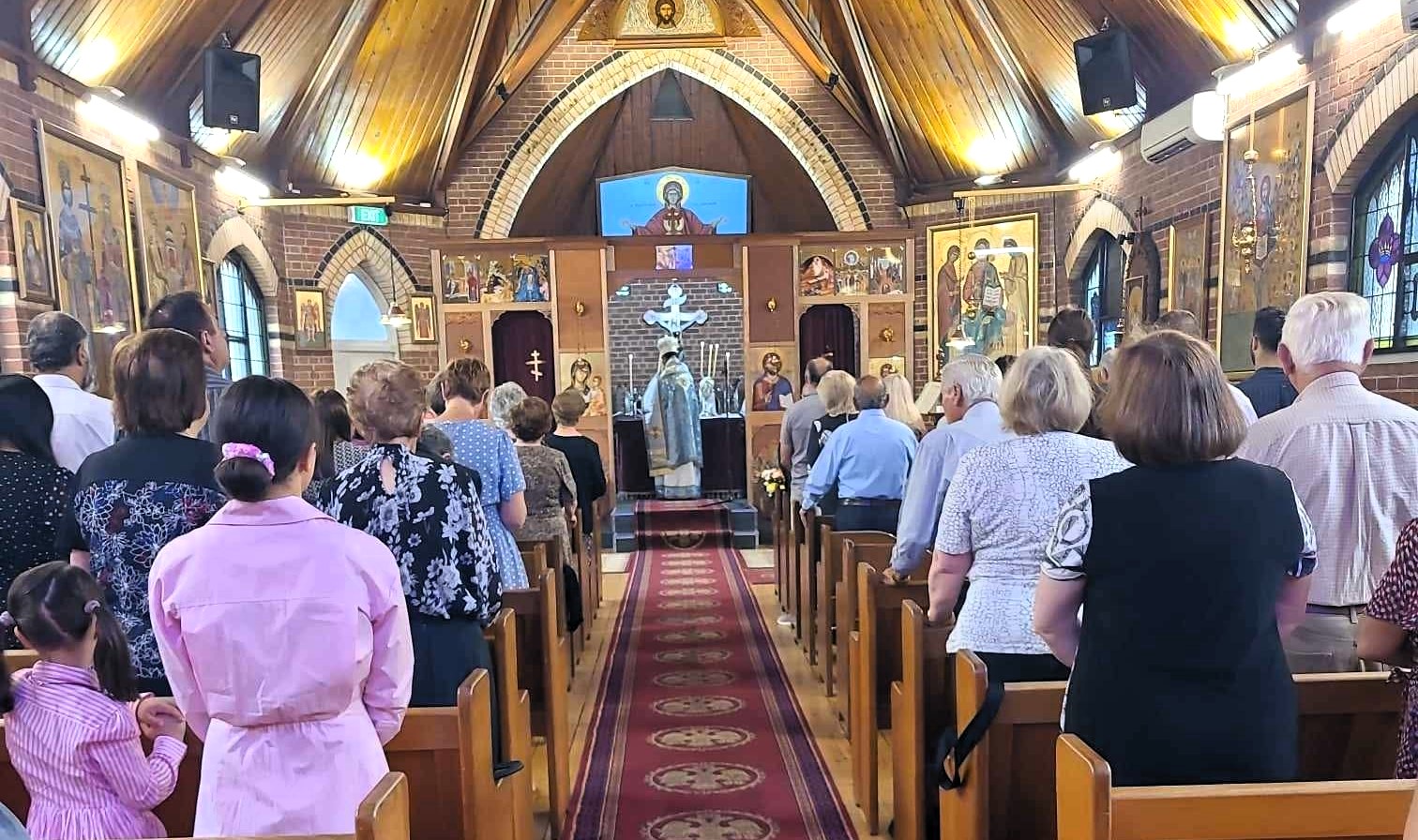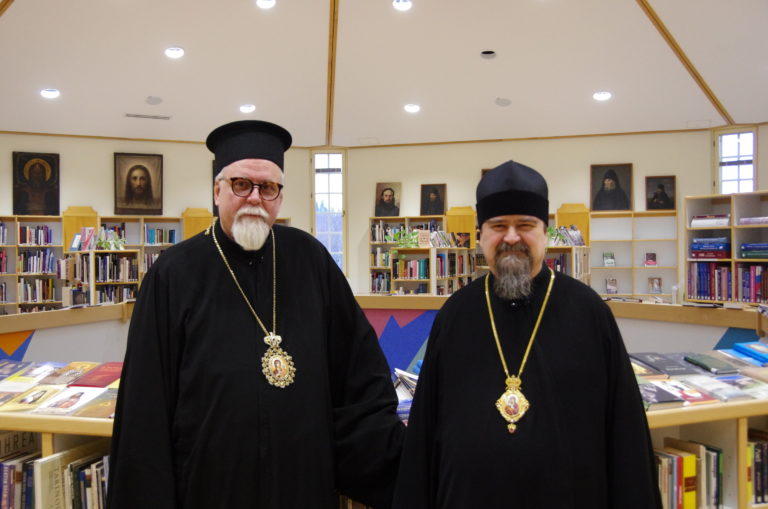Venerable Paraskevḗ (Petka) of Serbia (14 October)
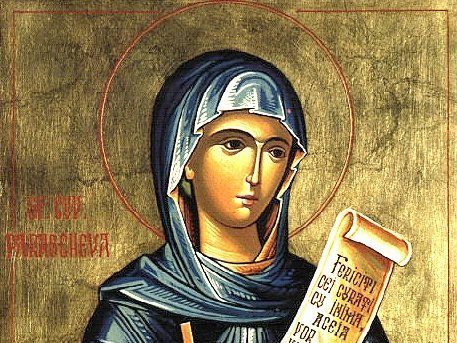

Saint Paraskevḗ the New was born into a pious family, living during the eleventh century in the village of Epivato, between Silistra and Constantinople. Her older brother Euthymius became a monk, and later he was consecrated as Bishop of Matidia. One day, while attending the divine services, the words of the Lord pierced her heart like an arrow, “If any man will come after Me, let him deny himself” (Mt. 16:24). From that time she began to distribute her clothing to the needy, for which reason she endured much grief from her family.
Upon the death of her parents, the saint was tonsured into monasticism at the age of fifteen. She withdrew to the Jordanian desert where she lived the ascetic life until she reached the age of twenty-five. An angel of the Lord ordered her to return to her homeland, so she stayed at Epivato for two years.
Saint Paraskevḗ departed to the Lord at the age of twenty-seven, and was buried near the sea. Because of the many miracles which took place at her grave, her relics were uncovered and found to be incorrupt. They were placed in the church of the Holy Apostles at Epivato, where they remained for about 175 years.
Saint Paraskevḗ’s relics were moved to Trnovo, Bulgaria in 1223 and placed in the cathedral. Patriarch Euthymius wrote her Life and established the day of her commemoration as October 14. The Turks occupied Bulgaria in 1391, and her relics were given to Mircea the Elder, Prince of the Romanian Land (one of the districts of Romania). In 1394 the relics were given to Princess Angelina of Serbia (July 30), who brought them to Belgrade. For 120 years Saint Paraskevḗ’s relics rested in Constantinople in the patriarchal cathedral.
On June 13, 1641, her incorrupt relics were transferred to the monastery of the Three Hierarchs at Jassy in Rumania, where many healings took place. On December 26, 1888, after being rescued from a fire, Saint Paraskevḗ’s relics were moved again. This time they were placed in the new cathedral at Jassy, where they remain until the present day.
Saint Paraskeve was born in Thrace in the eleventh century. In her youth she went to Constaninople, and thence journeyed to the Holy Land in pursuit of the ascetical life. After struggling for many years in the wilderness of the Jordan, she was moved by God to return to her homeland. She continued her monastic labours there for a few more years, and then reposed in peace.


This glorious saint was of Serbian descent, and was born in the town of Epivat between Selymbria and Constantinople. St. Parasceva’s parents were wealthy, devout Christians. They also had a son, Euthymius, who was tonsured a monk during his parents’ lifetime, and later became the famous Bishop of Madytos.
The virgin Parasceva always yearned for the ascetic life for the sake of Christ. After her parents’ repose, she left her home and went first to Constantinople, then to the wilderness of Jordan, where she lived the ascetic life until old age. Who can express all the labors, sufferings and demonic temptations that St. Parasceva endured in the course of her many years?
In her old age, an angel of God once appeared to her and said: “Leave the wilderness and return to your homeland; it is necessary that you render your body to the earth there, and your soul to the habitation of the Lord.” St. Parasceva obeyed, and returned to Epivat. There she lived for two years in ceaseless fasting and prayer, then gave up her soul to God and took up her abode in Paradise.
St. Parasceva entered into rest in the eleventh century. Over the course of time her relics were translated to Constantinople, to Trnovo, again to Constantinople, and then to Belgrade. Her relics now repose in Romania, in the town of Iasi. In Belgrade, the well of St. Petka miraculously heals the sick who draw near with faith in God and love for this saint.*)
——————–
*) The Greek Synaxarion records the miraculous assistance of St. Parasceva on the island of Chios in the year 1442 A.D. A certain Hieromonk Ambrose was celebraing vespers in the Church of St. Parasceva. There was no one else present in the church. Toward the end of vespers, a terrible storm struck with a great roar, and it rained torrentially the entire night. Ambrose was unable to leave the church. Thinking that the whole island would be flooded and everyone would perish, he began to pray to St. Parasceva to save his homeland and to appease God’s righteous wrath. Before dawn, sleep overcame Ambrose. It seemed to him as though the roof of the church disappeared, and he saw a cloud of light in the heights, and within it stood a noble-looking woman at prayer before God. After her prayer, she said to the priest: “Ambrose, do not be afraid, your homeland is spared,” and the rain ceased immediately. From that time on, St. Parasceva continues to be celebrated very solemnly on the island of Chios.
Apolytikion of Paraskeve of Serbia
Fourth Tone
Thou didst love a silent and solitary life, and didst fervently follow Christ thy Bridegroom. And having taken His easy yoke in thy youth, and having courageously armed thyself with the sign of the Cross against thy spiritual enemies, thou didst extinguish the coals of passions with thy tears, with ascetic labours, fasting, and prayer, O glorious Paraskeve. And now, as thou standest in the heavenly bridal chamber with the wise virgins in the presence of Christ, pray for us who venerate thine honourable memory.
Kontakion of Paraskeve of Serbia
Plagal of the Second Tone
Let us all piously praise most honourable Paraskeve, the holy intercessor for those in affliction. For she gave up her earthly life and received an incorruptible life for ever. Wherefore, she hath won glory and the grace of wonderworking by the command of God.
Source: oca.org / goarch.org / westserbdio.org

